Never Spit Out the Seeds of This One Fruit, Doctor Says
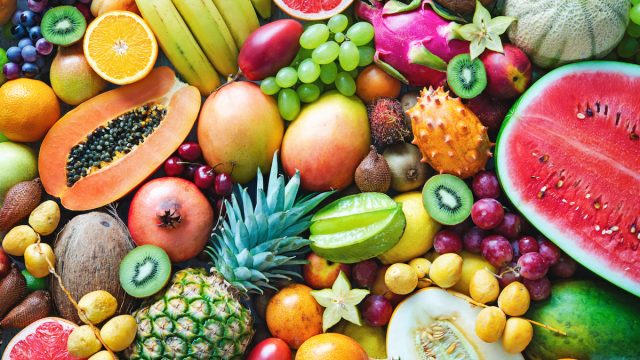
Growing up, you may have believed that swallowing seeds could lead to fruit growing inside your belly. Or perhaps you simply disliked the taste of seeds or suspected they were dangerous to consume, as some fruit seeds are. But you may not have realized that one fruit’s seeds are especially healthy and should absolutely be eaten. Read on to find out what fruit seeds you should never spit out, according to a nutrition specialist, and for more tips on what not to consume, find out why This Ingredient in More Than 1,250 Foods May Not Be Safe, New Study Says.
You should never spit out the seeds of watermelon.
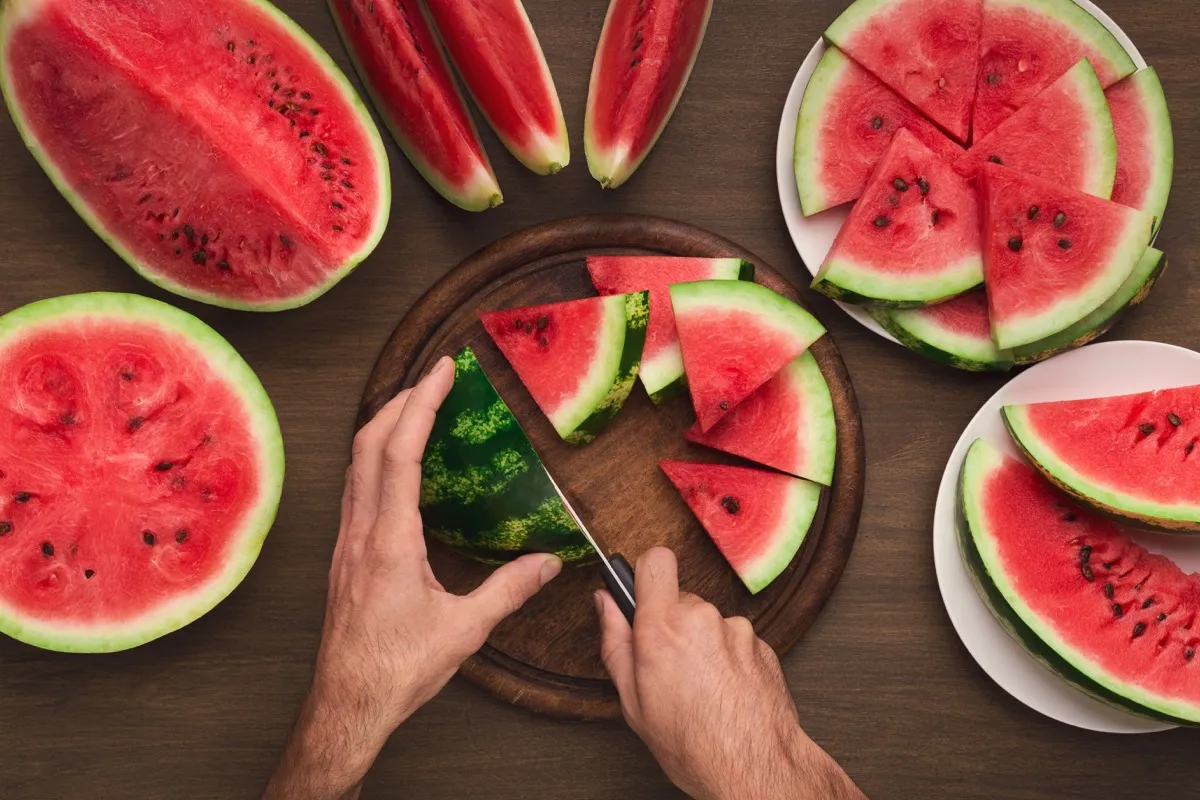
Watermelon seeds have tons of nutritional value and you should always eat them, notes Paul Kasenene, MD, a specialist in nutrition and author of Eat Your Way To Wellness. “Watermelon seeds are a good source of some minerals, including magnesium and iron,” he tweeted. “Eat them along with the watermelon. Don’t leave them or spit them out.”
If you’re opting for a seedless watermelon, you’re missing out on major nutrients, experts suggest. According to the U.S. Department of Agriculture, one ounce of watermelon seeds contains 146 milligrams of magnesium, 214 milligrams of phosphorus, and 184 milligrams of potassium. Other nutrients found in the seeds, which are usually black when matured, are zinc, folate, iron, and calcium.
And for another food that has major benefits, Eating This One Thing Can Cut Your Cancer Risk in Half, New Study Says.
Chew watermelon seeds thoroughly before swallowing them to better digest the nutrients.
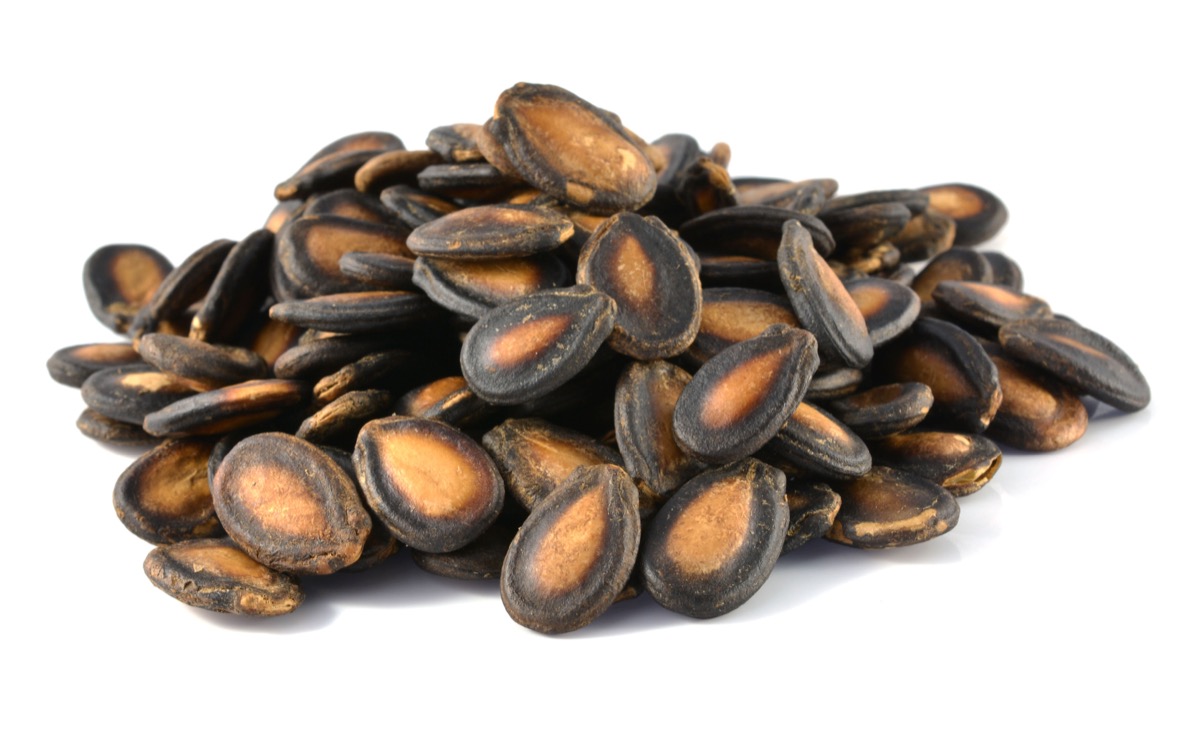
Bansari Acharya, RD, wrote for EMediHealth that you should chew watermelon seeds fully “to make sure that all the nutrients will be absorbed by the digestive system as they are tough seeds.”
Acharya also recommends roasting the sees with oil as a tasty preparation. “A great way to incorporate watermelon seeds in the daily diet is topping them on salads or smoothie bowls for some extra crunch,” she wrote.
For more useful health information delivered straight to your inbox, sign up for our daily newsletter.
Watermelon in general is also good for you.
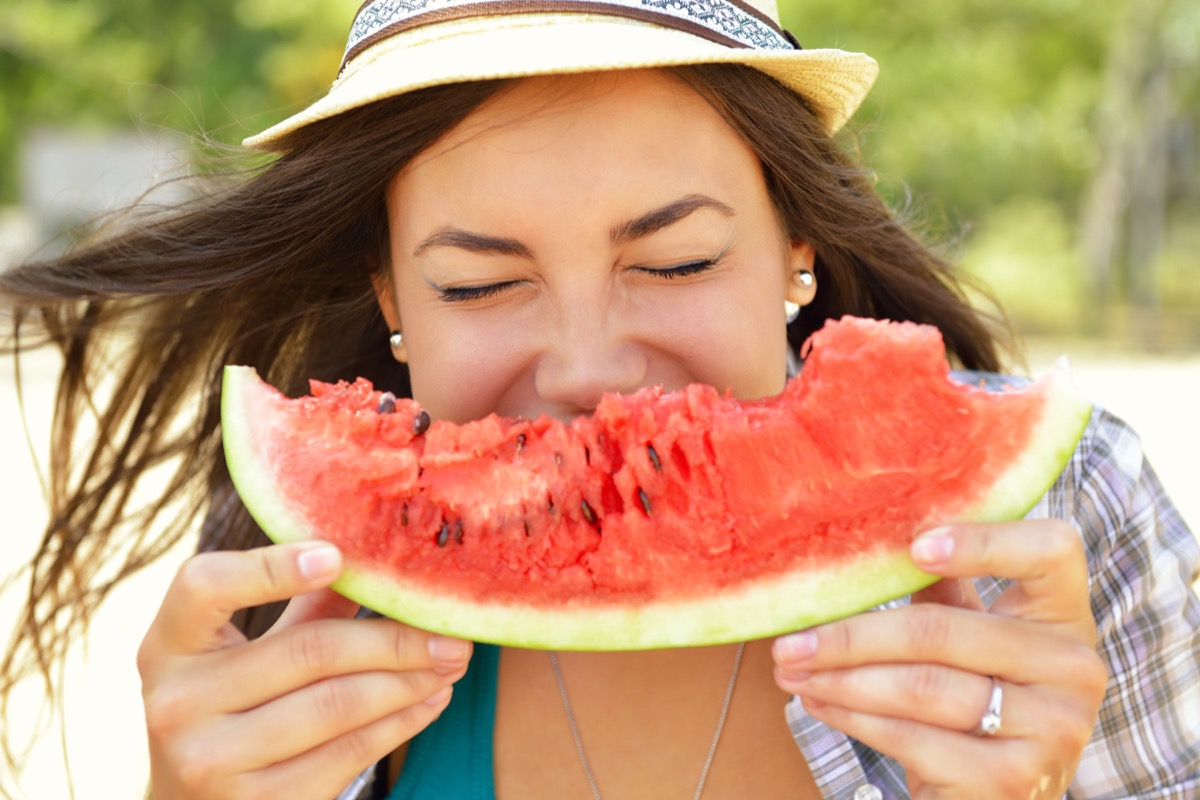
Watermelon itself is very good for you, too. “Watermelon proudly (and deservedly) is American Heart Association Heart-Check Certified. It is cholesterol-free, fat-free, sodium-free, and has 80 calories per serving,” explains Watermelon.org, which represents 800 watermelon growers, shippers, and importers nationwide. “Watermelon also contains nutrients that support heart health, like magnesium (6 percent DV), which helps keep the heartbeat steady and phosphorus ( 2 percent DV), which has a role in the electrical activity of the heart.”
The fruit is also filled with water. Science Made Fun notes that one bite of watermelon has approximately 92 percent of water and six perfect of sugar. And, not only is watermelon great for hydration, it’s also filled with vitamin C.
And for more on essential nutrients, check out If You’re Lacking This Vitamin, Your Heart May Be in Danger, Study Finds
However, some other fruit seeds can be dangerous in large quantities.
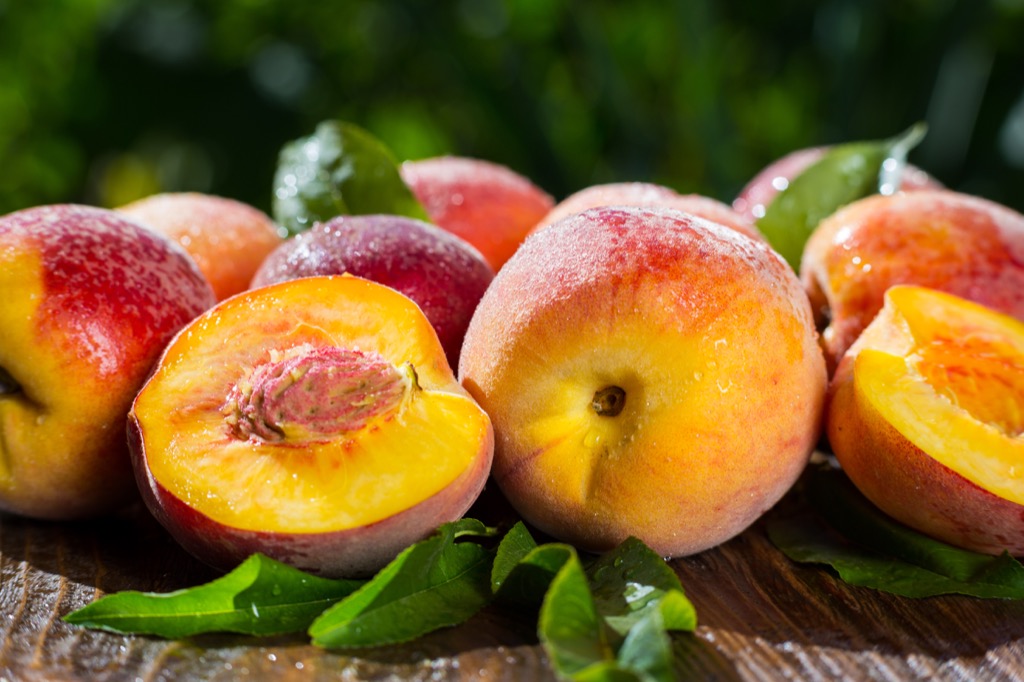
While watermelon seeds are safe and beneficial to eat, the seeds of cherries, peaches, plums, apples, and apricots all have cyanogenic compounds in them. The good news is, a 2015 review out of the University of Leeds suggested a person would have to consume between 83 and 500 apple seeds to get acute cyanide poisoning. That’s highly unlikely, of course. But it’s helpful to know that some symptoms of cyanide poisoning include anxiety, dizziness, confusion, or headache, according to Medical News Today.
And for something else that doesn’t do your body good in large amounts, check out If You Take Too Much of This Vitamin, It Could Be Toxic, Experts Say.